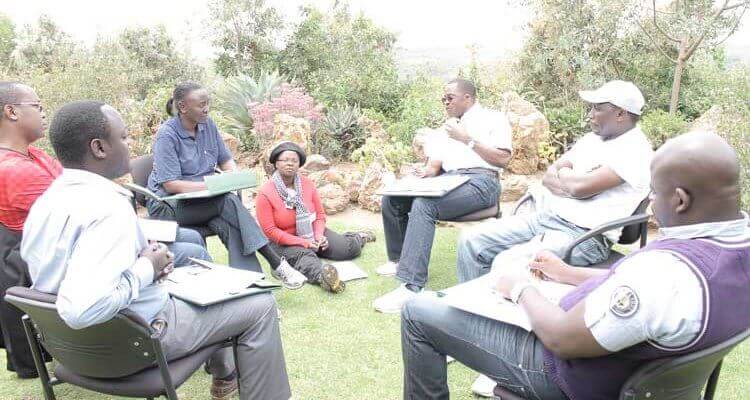Let’s face it, application letters will have you looking at a large pool of self-confessed team players, feeling they are fit for the job. In fact, some resumes will go a step further to let you know as the hiring team, that the candidate is willing to go beyond the specified requirements for the position.
There is therefore great need to focus on building high-performance teams.
When you are a team leader, you know that it is important to have a team that not only executes team projects, but does this flawlessly.
Why Team Building in Kenya?
A successful company knows that encouraging fast connections among employees and building a team mentality yields mutual benefits for the employees and the company. What does team building really mean? This is creating an environment where actions necessary to bring a project to fruition are done cooperatively. In other words, it is the very definition of “Two heads are better than one.”
The best investment a company can make for its employees is to build them up to be better at what they do than when they hired them. In a competitive market, effective communication and an ability to collaborate makes all the difference between being successful and being a failure.
Team building ensures that the company has not only strong and effective professional relationships, but also improves the quality of work. For the company, this means higher returns. ”A chain is only as strong as its weakest link.” The benefits of team building are quite diverse, but the main is that it builds trust among co-workers. When coworkers trust each other, it is easy to execute goals with one mind.
Can Your Team Ensure Excellent Customer Care Services and Retention?
Customer service is not just a surface operation. One individual cannot satisfactorily meet the diverse needs of the customers. Customer service goes deeper than meeting the customer care desk agent and having issues addressed. A customer service agent cannot single-handedly resolve logistics issues, technical issues, personnel issues and many other issues that a customer would need resolved.
Let’s face it, the 21st Century customer is quite complicated. This means that in relating with an organization, the customer will come in with very high expectations. Again, the fact that information has been availed to our fingertips means that even the customer has the same information.
Question is, “What makes your organization different?” The strong team hired by the organization needs to have approaches and ideas on how to handle customer expectations and surpass the same, which will translate to customer retention, and consequently higher profit margins for the organization. In order for the employee to connect with the customer, the management needs to understand that a satisfied employee equals a satisfied customer.
The strong team needs to acquire skills that lead to customer satisfaction. How does an employee treat a customer? Many times, employees are molded into the thought process that “the customer is always right”. But what if they are not? Our strong team must know how to address every customer issue so that the customer feels respected and walks away with their issue resolved. Training your strong team in communication skills, problem solving skills and understanding customer expectations is the right direction to take in an effort to retain and add to the already existing customer pool.
Finally, You Have Loyal Customers, Can the Team Sell-Smart?
We have already established that today’s market place is somewhat complicated, to say the least. There are so many products in the market, not to mention competitors. The customer needs to know, what the advantages of your product and or service are that will compel them to buy it from you.
In today’s market environment, the customer is presented with so much information, and getting to convince the customer that yours is the best product or service in the market, becomes a skill one has to train on consistently. How does the team get to smart selling? Any relationship with a customer, potential or current, places the employee in a continuous need to pitch a sales speech that will ultimately have the customer hooked and buying the product, perhaps even referring others to the organization.
However, the customer will sometimes reject the product or service presented to them. Needless to say, an employee will feel demotivated to see the next client after a series of rejections. No matter how strong a person or a team is, rejection will sometimes happen over one’s career life.
Training a strong team to develop self-motivation skills is a plus for any organization. Besides skills in effective communication, training employees to understand the difference between a product’s features and its benefits is the first step the employees need to learn before going into a selling sphere. Investing in the strong team in terms of increasing their knowledge on the said product or service will ensure that they have success at the market place.
Your team and the organizational culture
An organization’s culture is its personality. It defines how co-workers effectively interact and work to produce the desired goals and objectives. The strong team needs to learn that culture is not only self-sustaining, but also a guide on how things are done. The ability to have your strong team totally sold out to the organizational culture is a plus for the organization.
Training employees on organizational culture is an everyday affair. There are a few approaches that the organization can use to train their employees on this important aspect. Symbolic reminders at the work place are visual reminders of what the organization stands for. For instance, an office mantra can be pasted at strategic places in the office to remind the employees what the organization represents to the employees and the customers.
Another daily training method for organizational culture is having the right mind-sets. Attitudes and beliefs can be shared among employees, which means that all co-workers get to effectively work together because there will exist no conflict in their thought patterns where it concerns the organization
A third training can be in reinforcing actions and behavior can also strengthen organizational culture. It is noticeable that people actually copy what is done, rather than what is said or believed. To obtain positive influences from the culture, working on changing the most critical behavior is critical.





